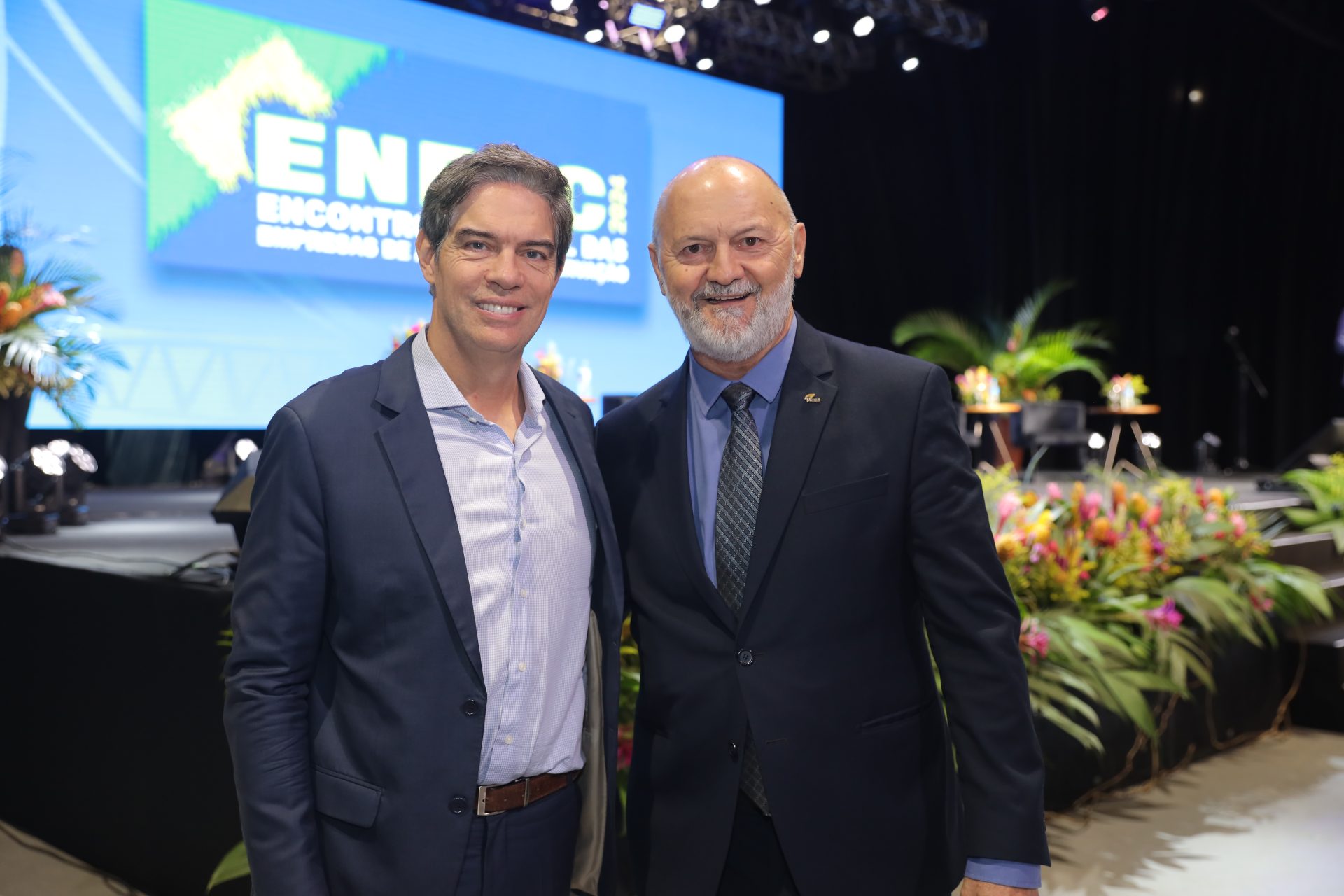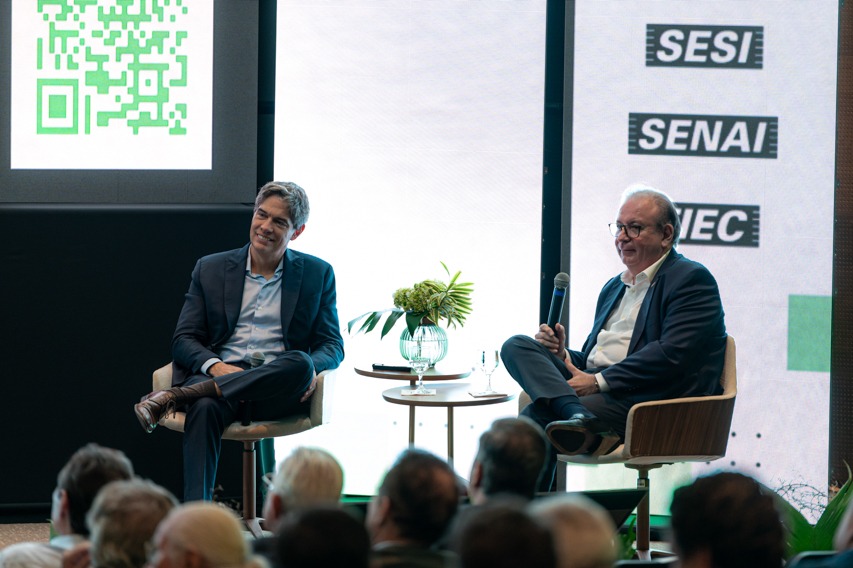01/2019
By Ricardo Amorim

A guy is frequently robbed by several gangs. To make things worse he has the strange habit of tearing up money. As a result, he never has money for absolutely anything. He is short of money to pay for the school of his children, to pay the rent and even for groceries.
In an attempt to help a friend asks him why not stop tearing up money? That might improve things for him. The guy then replies, between desperate and offended: “until all members of all gangs that rob me are arrested and I am never robbed again, I won’t even think of stopping to tear money up.”
Insane? Stupid? Masochistic? All of the alternatives?
I don’t know, but lots of people have exactly this attitude in regard to public money, which belongs to all of us after all.
To combat privileges in Social Security for civil servants and politicians? To privatize loss-making state-owned companies that endlessly eat up funds and are used in the interest of the political group in power? To end government “social” programs that increase the concentration of wealth in the country instead of reducing it, like the free public universities for instance? To eliminate the bureaucracy that makes life more difficult and impoverishes all Brazilians? To improve the efficiency of the public sector and the quality of public services? To simplify our absurd taxation system? No way! First we must eliminate corruption in Brazil once and for all. Only then, perhaps, the time will come to do other things.
In order to improve the lives of Brazilians, besides combatting corruption with all our might, would it not make more sense, perhaps, to stop tearing up public money immediately?
Ricardo Amorim is the author of the best-seller After the Storm, a host of Manhattan Connection at Globonews, the most influential economist in Brazil according to Forbes Magazine, the most influential Brazilian on LinkedIn, the only Brazilian among the best world lecturers at Speakers Corner and the winner of the “Most Admired in the Economy, Business and Finance Press”.
Click here and view Ricardo’s lectures.
Follow me on: Facebook, Twitter, YouTube, Instagram e Medium.
Translation: Simone Montgomery Troula




